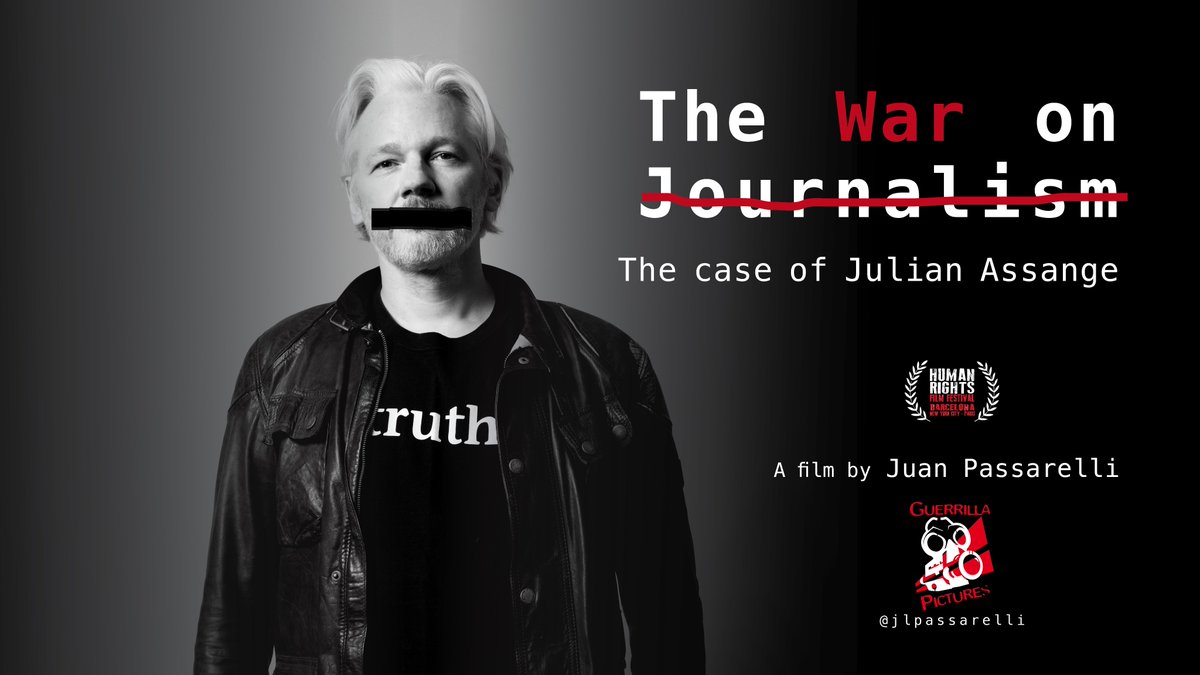25 May, 2009 – MRZine – Monthly Review
En route to the Cannes Festival, where he is to present his latest film (Looking for Eric), Ken Loach stopped by in Marseilles on the 16th of May. On the occasion of the 25th anniversary of the great miners’ strike in Britain, the NPA 13 and the Païdos Library invited the English director, whose works include Which Side Are You On?
What was your reason for coming to Marseille?
Because you asked me to! [Laughs.] The success of the NPA fills me with enthusiasm. Today, the Left is in a catastrophic state, partly because it lacks the leadership it needs. The NPA is a response to this need. I’m here because we are at an important moment right now, politically. Hundreds of thousands of people are now abandoning the old way of doing politics, tired of the establishment that has caused the current social situation. If we don’t take advantage of this moment, we may have to wait another 15 to 20 years before finding a new political opportunity. That’s why I think the NPA is a great hope.
You recently stated that the NPA was the type of project that Britain — as well as Europe in general — needed. What are the conditions that could make such a project possible in Britain?
There is a huge rejection of politics and traditional politicians. There is a political vacuum on the Left, especially on the Center-Left. What’s more, the economic system is in a horrendous state. Everyone realizes that things must change. There is therefore an obvious opportunity for the Left. There are attempts to unify the radical Left, like Respect, which has unfortunately been unable to avoid splits, marked by sectarianism. Nevertheless, there still remains a solid core that can give life to our ideas. In Britain, candidates of far-left organizations are standing in the European elections. The problem is that the Left is fragmented in too many small groups. What is needed is a united front. As long as we remain divided in small far-left parties, we won’t be taken seriously.
What do you think of the idea of a new International of anti-capitalist parties?
It’s a complex issue that requires serious discussion. We need to get together to think about it together, and we need to create a program and organize ourselves. In the face of globalization, we must impose our idea of internationalism. And we need to respond, on a European scale, with a new party of the Left. A party that makes the interests of ordinary people come first, above the demands of capital. Our goal should be to define a new social and economic structure that allows us to achieve this result. And I really hope that the NPA is the basis of this movement.
The original interview ‘Ken Loach : « Faire prévaloir les intérêts des gens ordinaires »’ was published on the Web site of the New Anti-Capitalist Party on 20 May 2009. Translation by Yoshie Furuhashi.
 Owen Jones talking to the press. Pete Maclaine ZUMA Press
Owen Jones talking to the press. Pete Maclaine ZUMA Press Ken Loach. (Photo: via Facebook)
Ken Loach. (Photo: via Facebook)